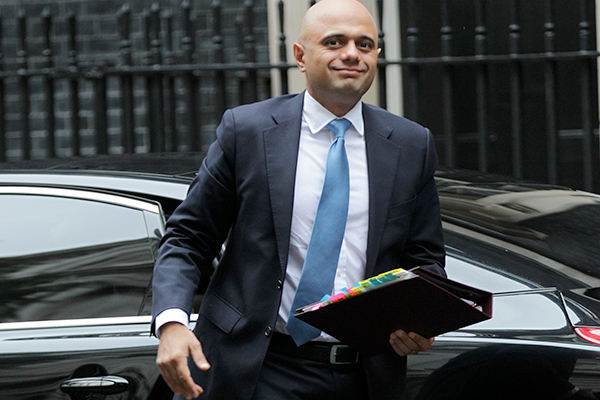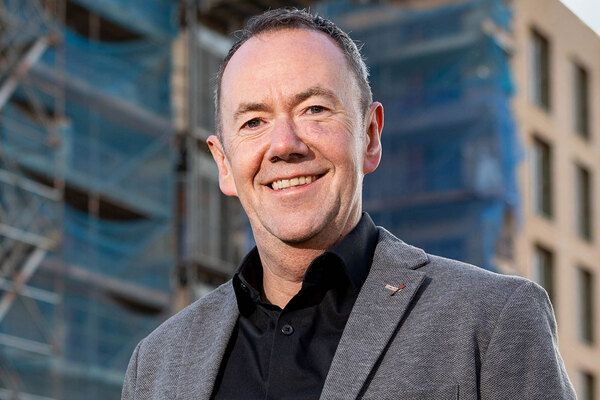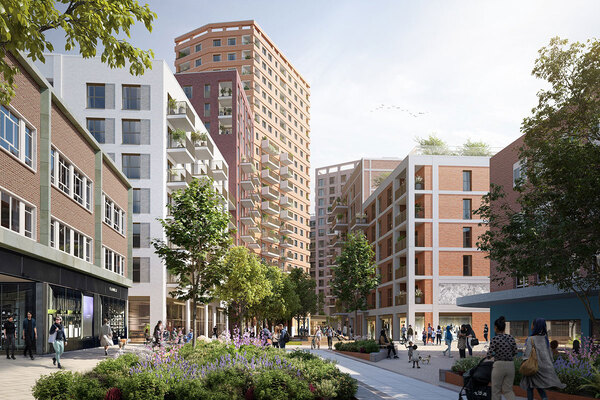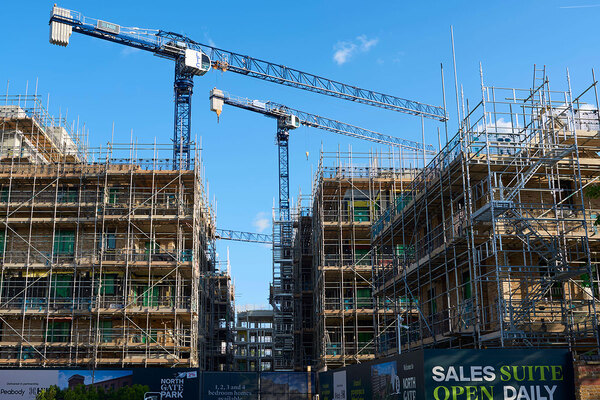You are viewing 1 of your 1 free articles
We now have a chance to reset government housing policy
The government’s forthcoming Social Housing Green Paper is an opportunity for the sector to reshape social housing policy, says Ann Santry
What a few weeks it’s been. We’ve had major announcements that affect our sector, starting at the National Housing Federation conference and finishing last week at the Conservative Party conference in Manchester.
They’ve rightly grabbed the headlines – building social housing is back on the agenda.
While the policy elements – rent certainty, investment in social rented homes and access to land – must be welcomed, we need to keep an eye on the future. It feels like a real, once-in-a-generation chance to affect the future through the forthcoming green paper, as well as Labour’s social housing review.
It’s an opportunity to hit the reset button on housing policy. And to be really successful we need to focus on three areas: partnership, affordability and that flip side of the housing coin, welfare.
History has shown us that we can create the kind of step change in supply that we need – but only if we harness all our resources behind a new, joined-up approach. This is a time for clear vision and leadership and an honest dialogue.
Government, local authorities, housing associations and house builders need to work together on a strategy that can survive longer than a parliamentary cycle. And the strategy needs to ensure that we are building homes that are affordable to people across all income groups and at different life stages.
And, although Help to Buy was extended, it was great to see government turning its attention to supply. There’s been a growing consensus that something must be done, and that social rent is a key part of that. The £2bn will not solve the housing crisis, but it’s a step in the right direction.
“Government, local authorities, housing associations and house builders need to work together on a strategy that can survive longer than a parliamentary cycle.”
In 2015, Sovereign took the decision to protect our social rented homes and to try to build as many more of these homes as we could by creating internal subsidy from efficiency savings. We did this because where we work – in the pricey South and South West – it is the tenure that makes the most difference to people on low incomes, the people who are key to the success of our local economies.
As we’ve been looking at how we measure the social value of our homes, we found that our sub-market rents provided £140m of savings for our residents; money which can be spent in local areas or as housing benefit savings for the government. Across our sector we could all tell a similar story.
On top of this, of course, housing associations do great work to help people into work or better work, and use their supply chains and procurement opportunities to benefit residents. And there’s just that fundamental, intangible benefit of having a quality, affordable place to live. The foundation that enables people to achieve their aspirations.
So, as well as being the right thing to do, there’s a strong economic case for building more genuinely affordable, low-rent homes.
However, we can’t avoid the fact that the thorny issue of affordability is made even more complex by welfare reform. Policy in this area must be a major part of the debate over the coming months and I’d like to see the Department for Work and Pensions playing a key role in both the debate and the solutions.
“[Welfare reform] must be a major part of the debate over the coming months and I’d like to see the Department of Work and Pensions playing a key role in both the debate and the solutions.”
While Universal Credit is grabbing the media attention, the Local Housing Allowance cap and the Shared Accommodation Rate are going to make life tougher for many people, from those starting out to people in older age.
So, even if we can build more social rented homes, these changes could remove that safety net for some – and then what happens?
If welfare reform is not part of a joined-up, long-term housing strategy, we won’t really solve the housing crisis. Helping people to achieve their everyday aspirations is impossible without being able to provide them with a stable, affordable place to live.
It’s great that politicians, the press and the public are talking about social housing again. Let’s make sure our voices are heard in that debate.
Ann Santry, chief executive, Sovereign
Related stories












